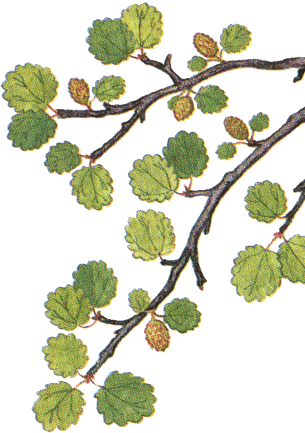
Hui Liu, Ph.D.
Institution and Research Interests
Hui Liu is an associate professor in South China Botanical Garden, Chinese Academy
of Sciences (CAS). She received her B.S. degree from Beijing Normal University in
2005, M.S. degree from Institute of Botany, CAS, Beijing in 2008, and Ph.D. degree
from University of Sheffield, UK, in 2012. She has joint South China Botanical Garden
since 2012, and visited University of Arizona, USA, in 2018.
Dr. Liu focuses on plant evolutionary ecophysiology. Her notable works include 1)
illuminating phylogenetic niche conservatism in plant functional traits of different plant clades such as Magnoliaceae and Poaceae; 2) clarifying the spatial and temporal patterns of plant climatic niche, which explained the geographic distribution of plant species from a new perspective; 3) proposing the hypothesis of “the coordination between hydraulic traits and water gradients”, which expanded the frontier of plant ecophysiology.
In recent 5 years, Dr. Liu has published 34 SCI papers in scientific journals
(https://www.researchgate.net/profile/Hui-Liu-liuhui), 8 of which as the first author, 3 of which as the co-first author. Her representative papers include Science Advances (ESI Highly Cited Paper), Nature Ecology & Evolution, New Phytologist (two), Journal of Experimental Botany (two), and others. The total citation of these papers reached 1361 times (Google Scholar). She is a member of several Ecological Societies, and a reviewer for many SCI journals. She has presented in many international/national conferences and received three awards for Outstanding Report. She is also keen on popular science and education. She was invited to be an editor of a SCI journal Plant Diversity in 2022.
Email: hui.liu@scbg.ac.cn

Abstract
Distribution, evolution and adaptation of plant functional traits of Magnoliaceae in China
Hui Liu , Ph.D.
South China Botanical Garden, Guangzhou, China
Chinese/Neotropical Botanical Diversity, An International Virtual Symposium
China/Ecuador
Thursday August 18th, 2022
08:45-09:30 (Quito, Ecuador)
21:45-22:30 (Guangzhou, China)
The early diverged Magnoliaceae shows a historical temperate-tropical distribution among lineages, indicating a divergent evolution. Analyse the relationship between phylogeny, environmental constraints and associated trait variances could reveal how species distributions were shaped. Phylogenetic comparative models can be used to disentangle the relative roles of spatial and phylogenetic distances in explaining trait variances, reveal phylogenetic signals in ecophysiological traits, and test whether these traits are involved in correlated evolution. We analyzed variances in 15 plant traits and 12 environmental variables of 183 Magnoliaceae species in China using four comparative models. We also measured 20 ecophysiological traits of 27 species of the four largest Magnoliaceae genera. Species richness gradually decreased from south tonorth, with phylogenetic clustering along the southern coast, and in north and central China. Variances of most plant traits were strongly associated with phylogenetic relatedness. In contrast, variances of environmental variables were associated with both spatial proximity and phylogenetic distance among species. Strong phylogenetic signals in water-conducting and nutrient-use related traits were identified, and correlated evolution of several key functional traits was demonstrated. Overall, the present tropical-temperate distribution of Magnoliaceae was associated with the divergent evolution of plant functional traits under both geographical separations and environmental constraints. Specifically, the regulation of hydraulic and photosynthetic processes during the adaptations to local environments was the ecophysiological basis for phylogenetic niche conservatism in functional traits among divergent lineages of Magnoliaceae.
Keywords:
Biogeography, divergent evolution, functional traits, Magnoliaceae, phylogenetic niche conservatism.
© Chinese – Neotropical Botanical Diversity 2022. All Rights Reserved.

